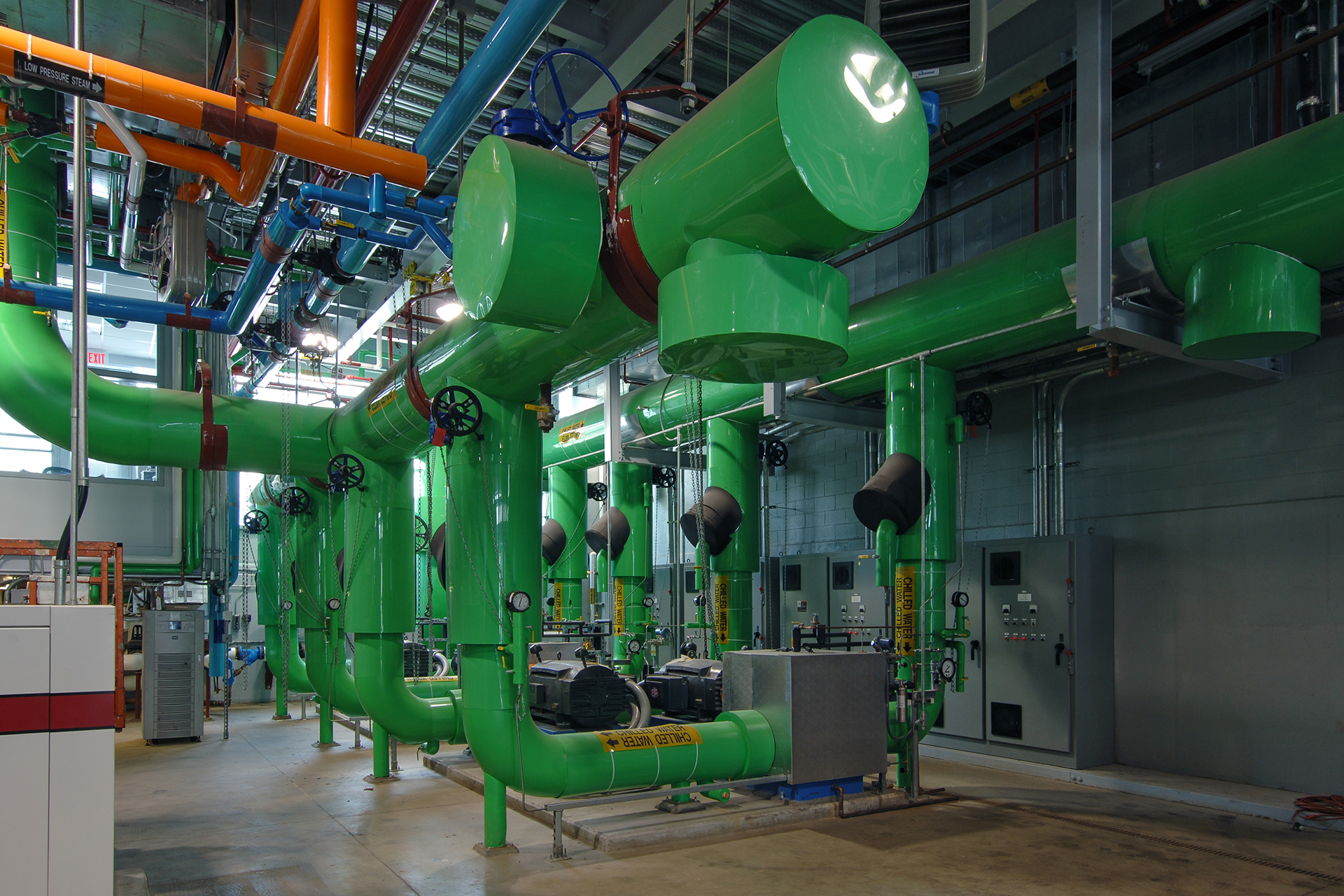
Thermo Systems’ Projects Featured in National Geographic Article on Microgrids
Read how Thermo Systems designed and built the automation systems that enabled major universities to withstand Superstorm Sandy.
Thermo Systems is proud to share an article (linked below) recently published by National Geographic which highlights several major projects that the firm is involved in. The article, written by Wendy Koch, discusses how “universities are leading the way with innovative ideas to make their campuses energy independent” by using microgrids as well as other more efficient and resilient forms of power. MIT, Princeton, and NYU, all mentioned in the article, are three customers that chose Thermo Systems for the design and installation of their critical infrastructure automation systems.
Project Highlights
For over a decade, Thermo Systems has delivered many successful automation and optimization projects at Princeton University’s central energy plant and microgrid. One of Thermo’s more current focuses at Princeton is the SCADA Upgrade Project. The completion of the upgrade will yield multiple benefits to Princeton’s campus, including securing plant networks using industry best practices for cyber and physical security, providing hardened and redundant PLC & SCADA networks, implementing a dedicated and secure SCADA IT room, and installing new SCADA hardware and software. In addition to the plant project work, Thermo’s team of service technicians provide preventative maintenance services to ensure that Princeton’s central energy plant and microgrid stay operational 24/7.
At New York University, Thermo Systems provided a turnkey automation solution during the construction of their new Combined Heat and Power (CHP) / microgrid plant. As the main automation contractor, Thermo Systems was NYU’s automation partner responsible for furnishing and installing instrumentation, control valves, control panels, SCADA hardware, and IT hardware. In addition, Thermo Systems was the sole provider of integrating all vendor furnished equipment, balance of plant sequencing functions and microgrid information into the higher level SCADA system. Thermo Systems continues to furnish NYU with automation and instrumentation preventative maintenance, 24/7 emergency support, and system enhancements under a support agreement.
MIT is undergoing an extensive expansion project on its existing cogeneration plant. Thermo Systems is currently helping MIT with the Central Utilities Plant (CUP) expansion by leading the automation efforts associated with the integration of two new chillers, six new cooling tower cells, and ancillary equipment into their existing central plant. On deck is a new potential project to fully upgrade MIT’s existing CHP plant and add microgrid functionality in an effort to boost the resiliency of MIT’s electrical service.
Princeton and NYU have already witnessed the power of their microgrids, evidenced when Superstorm Sandy tore its way up the east coast. Both universities were able to keep their utilities running while much, if not all, of the surrounding area went dark. Thermo Systems’ role in microgrid applications is to design and build plant automation systems that are resilient enough to brave storms like Sandy, allowing plant operators to safely run their critical infrastructure equipment. Results like these are what prompt many other campuses to follow suit with commissioning microgrid upgrades, and Thermo Systems is looking forward to providing many more of our nation’s most prominent universities with more efficient and resilient automation solutions.
Read the full National Geographic article here: http://news.nationalgeographic.com/energy/2016/03/160318-how-to-avoid-storm-blackouts-colleges-go-big-with-microgrids/



